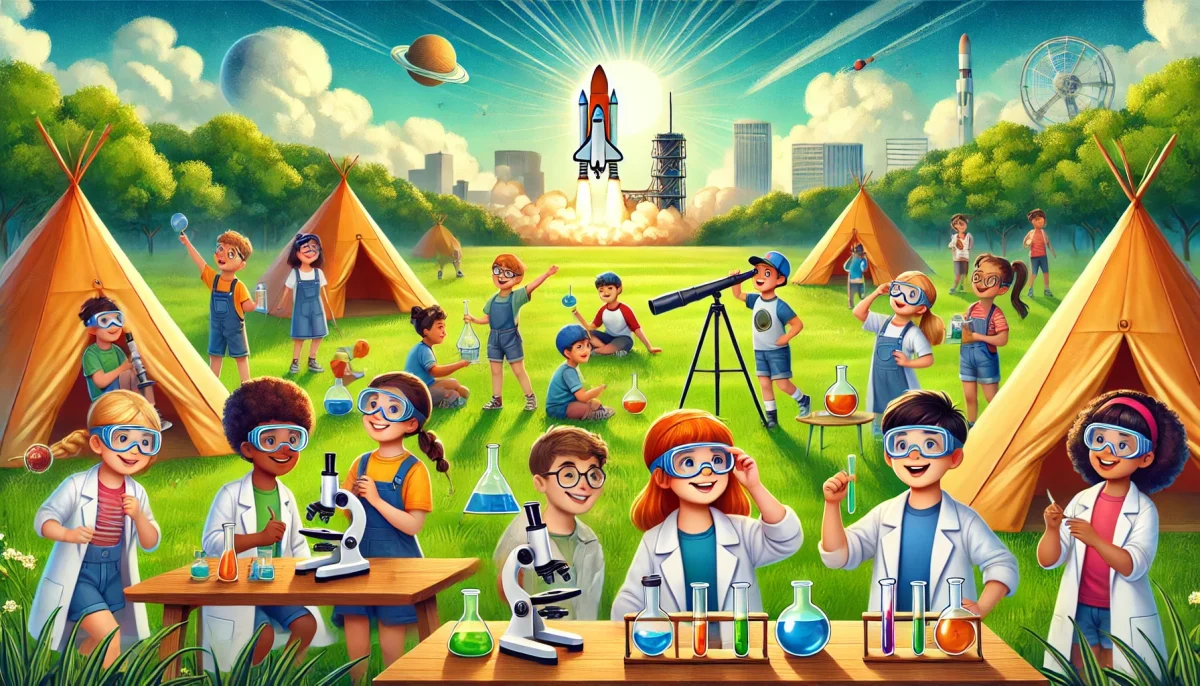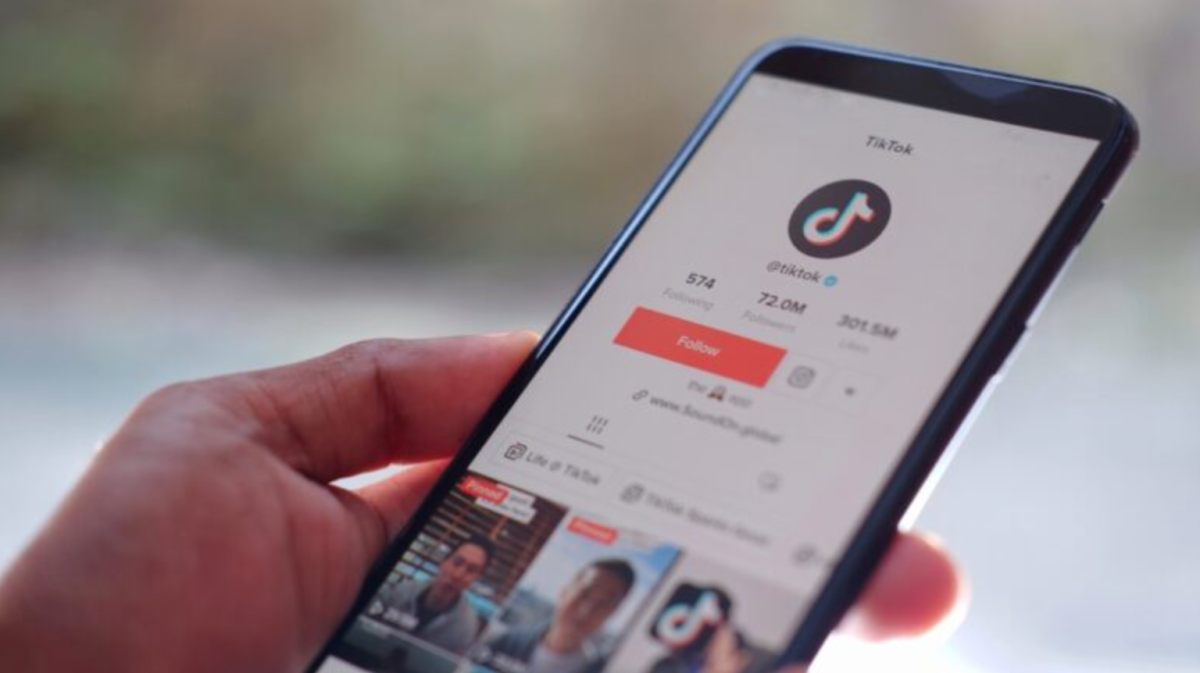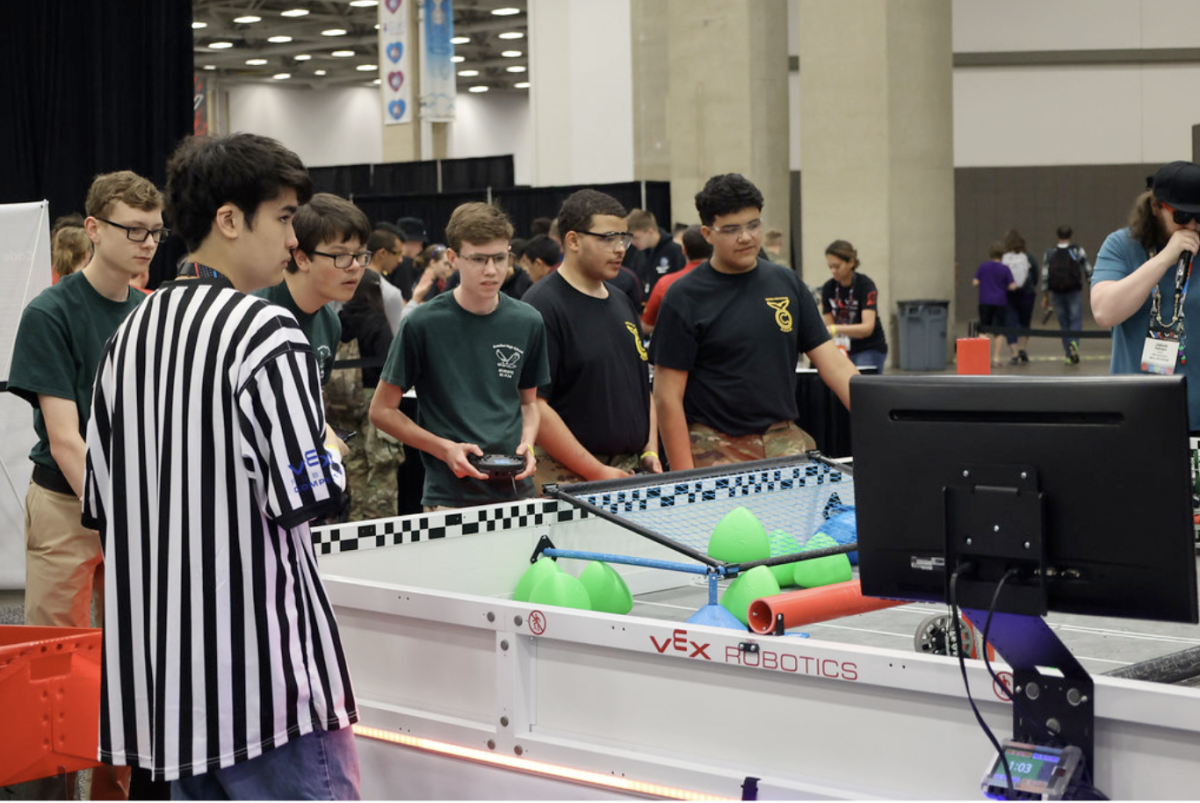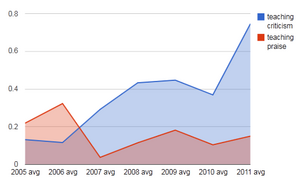Perhaps that title is a bit misleading. Very rarely have I ever heard a teacher disparage Wikipedia, and only once was I barred from using Wikipedia in an assignment involving external research. Said instance was a research paper that I needed to write for Chemistry 8. As far as I remember, that was also the only research paper that I wrote from 5th grade onward.
Wikipedia compiles many different sources into one article, which is likely why it is frowned upon by research paper rubrics. It also discourages the use of unique external sources and conditions students into believing that all the information they will ever need for future articles will be on Wikipedia.
So is that it? Is that the conclusion? No, it isn’t, because then it would be too short to be an article. We will be looking at other criticisms of Wikipedia to paint a fuller picture of teachers’ internalized hatred of Wikipedia.
Firstly, almost anyone can edit Wikipedia anonymously. People who take advantage of this can be divided into a few sectors:
- Educated experts who know they can comfortably and accurately write an article on their subject
- Less educated people who can write an article, just not as comfortably or accurately
- Vandals
This can cause a certain discrepancy in the reliability of certain articles, in particular, rather niche topics. An excerpt from the Wikipedia article on the Irish Brigade (Union Army) wrote: “The brigade advanced under heavy fire, but, staying resolute, it got close to Confederate lines; however, due to staggering casualties the brigade pulled back. A shattered shell of its former self.” Yes, they unironically said “a shattered shell of its former self.” This was neither part of a quote nor attributed to a source, so it is a safe assumption that whoever wrote this article just… wanted to include that. This is the only Wikipedia article that I read to achieve such poetry. (I only ever read two or three Wikipedia articles in their entirety, but we don’t need to talk about that.) This highlights the fact that Wikipedia is community-run, and that is the main argument perpetuated by critics of Wikipedia. Co-founder Larry Sanger himself stated: “Wikipedia never solved the problem of how to organize itself in a way that didn’t lead to mob rule.”
The problem is, if you’re on Wikipedia, you probably don’t know much about the subject. You can check its sources, maybe, but then you need to check the reliability of its sources. Also, nobody wants to check the sources. If people are diligent enough to expend their brainpower on checking Wikipedia’s sources, then they’re diligent enough to enter a few Google searches and find better sources than Wikipedia. Using Wikipedia is a gamble that people might not know they’re taking.
In May 2005, the Wikipedia Seigenthaler biography incident happened. One day, an unregistered editor wanted to do some tomfoolery and decided that he should do that by slandering John Seigenthaler. Here is one of the absurd allegations he leveled at the man:
“John Seigenthaler was the assistant to Attorney General Robert Kennedy in the early [sic] 1960’s. [sic] For a brief time, he was thought to have been directly involved in the Kennedy assassinations [sic] of both John, and his brother, Bobby. Nothing was ever proven.”
Daniel Brandt, who started Wikipedia Watch, looked up the IP address of the poor fellow who wrote the article and found it related to Rush Delivery, a delivery service in Nashville. The poor fellow in question, Brian Chase, wrote the article because he thought Wikipedia was “some sort of joke website.” That’s not the impression you want to give to people, much less if you’re community-edited. However, that’s not the main controversy of the Seigenthaler incident. The article existed until September. Wikipedia failed to notice the article for four months, and it was only brought to Wikipedia’s attention after a friend of Seigenthaler stumbled upon it.
Wikipedia’s niche is in that it is community-run. However, it is also too decentralized to make sure it doesn’t descend into misinformation and propaganda. In the wake of increased political polarization, Wikipedia struggles to keep its editors as neutral as possible, but there have been plenty of allegations that certain articles are too liberal and too conservative. Jimmy Wales himself, another co-founder of Wikipedia, acknowledged: “I would say that the Wikipedia community is slightly more liberal than the U.S. population on average, because we are global and the international community of English speakers is slightly more liberal than the U.S. population. There are no data or surveys to back that.”
However, Wikipedia remains fairly reliable. You may raise some eyebrows if you cite Wikipedia in a serious paper or conversation, but Wikipedia is an excellent place for general information.
Because I have to, I cited my sources below in white text. Do not highlight them. You don’t need to know them.
Wikipedia that’s it that’s the joke
Sources (in MLA :D)
“Criticism of Wikipedia.” Wikipedia, Wikimedia Foundation, 29 September 2024, https://en.wikipedia.org/wiki/Criticism_of_Wikipedia
“Wikipedia Seigenthaler biography incident.” Wikipedia, Wikimedia Foundation, 29 August 2024, https://en.wikipedia.org/wiki/Wikipedia_Seigenthaler_biography_incident
“Irish Brigade (Union Army).” Wikipedia, Wikimedia Foundation, 1 August, https://en.wikipedia.org/wiki/Irish_Brigade_(Union_Army)







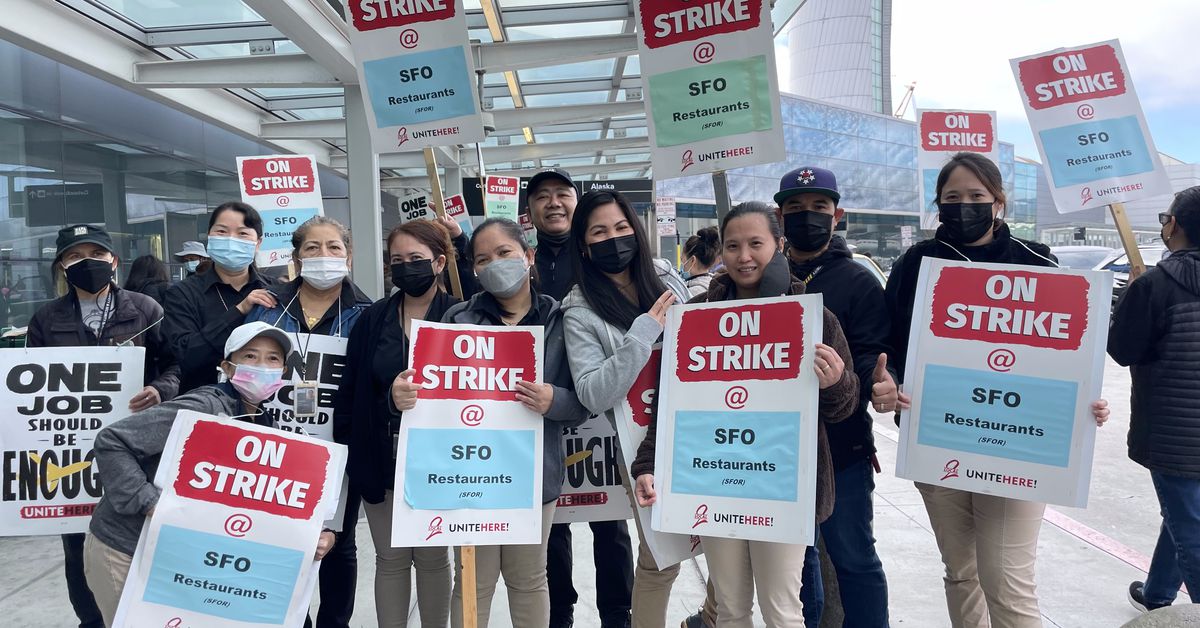


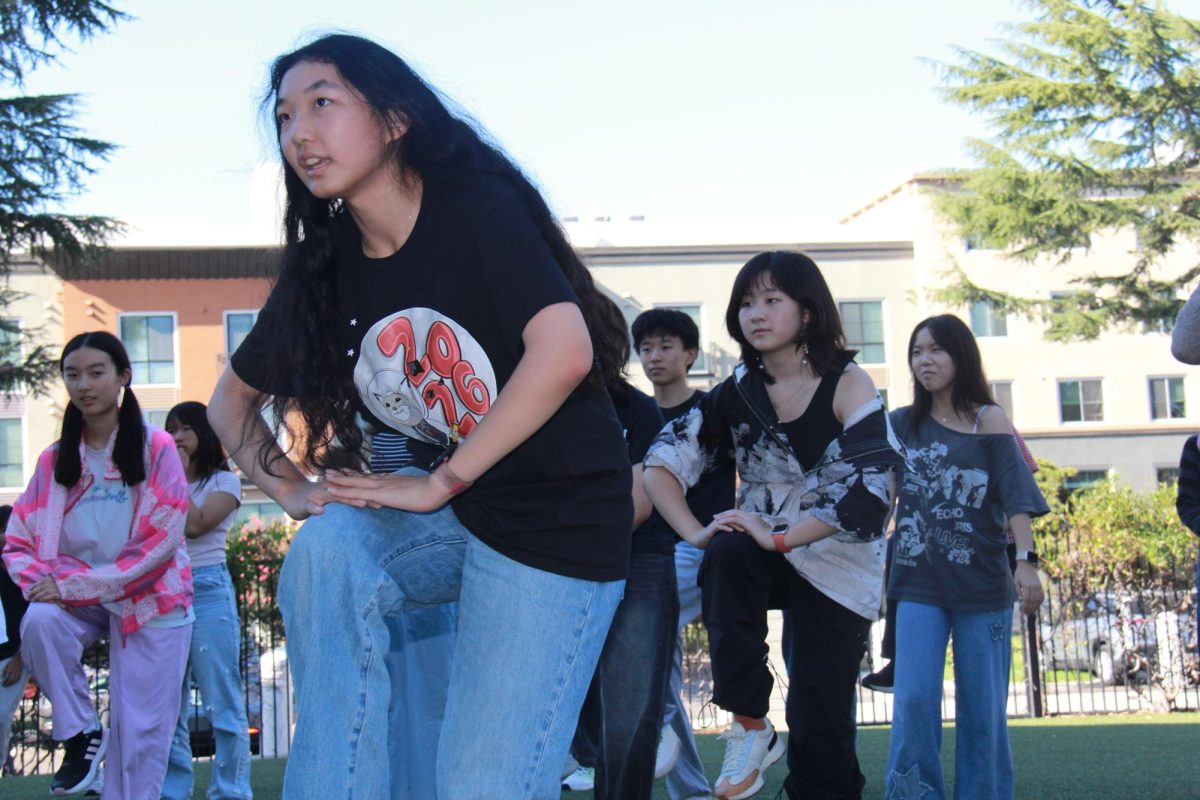





![Teacher [Milk] Tea: Part 2](https://bisvquill.com/wp-content/uploads/2024/03/Screen-Shot-2024-03-19-at-9.28.48-PM.png)





